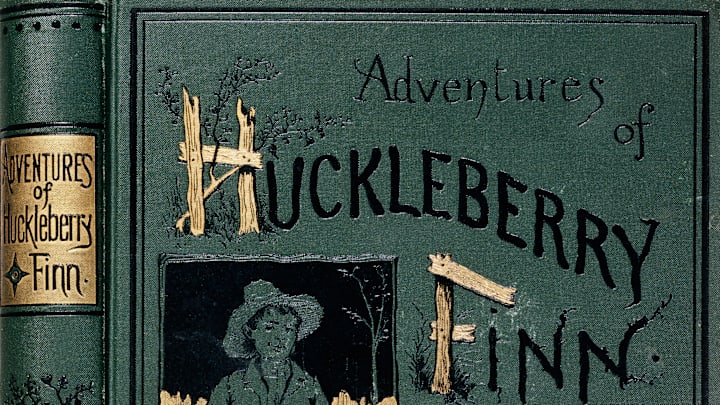During my freshman year of college, I was required to spend three hours a week doing community service. My group decided that we would spend our time at the Volunteer Reading Program, recording books for those who had reasons to need an audio version of their class materials. Since we were teenagers just learning how to be irresponsible adults, we curiously asked what we were supposed to do with inappropriate material. Read it as is, we were told. If we were uncomfortable with it, we could ask to work on another project. Most of the time, I was expected to read law texts or mathematics, but occasionally, I would find profanity or vulgarity in stories used as part of higher education.
I've remembered this experience a lot recently, as the conversation around book banning and censorship comes up again and again. There is a great deal of discussion about what is inappropriate to teach children about the facts of history, never mind the fiction that puts that history into context.
It is true that many texts reflect poorly on times past. I have been a fan of W.S. Gilbert's The Mikado since childhood and the operetta is often updated for current audiences. One of my first experiences with this was getting a copy of the libretto and finding a footnote that "the banjo serenader and the others of his race" originally contained a racial slur, It was an offensive term to me as a 20th-century reader, but also a reflection of the ignorance of the character, who also casts aspersions on "the singular anomaly, the lady novelist" and "apologetic statesmen of the compromising kind."
By contrast, I'd like to mention Mark Twain's The Adventures of Huckleberry Finn. Racial slurs and offensive language abound. They are expected of the characters as much as the biases that are part of the title character's indoctrination. We balk at this language and we should, but without knowing how strongly society expects this hatred, one of the greatest moments of the novel is ineffective. Huck receives the promise that he can be redeemed and rejoin society by betraying his companion and friend, Jim. He knows that to side against what is morally right by society's standards is worthy of condemnation to hell "All right, then I'll go to hell," he decides
Much more recently, we have Jonathan Larson's Pulitzer Prize-winning retelling of La Boheme, RENT. It tells the story of drug addicts, sex workers, homosexuals, transvestites, and other people considered to be unacceptable by the standards of that time. Entire relationships are formed and plots revolve around AIDS and we see the isolation experienced by those diagnosed. "Life Support" meetings discuss both what society expects of these supposed untouchables as well as how they struggle to find hope when things go well. The musical is deeply moving for its unapologetic portrayal of lived experiences. The characters in Life Support are based on friends of the playwright and Jonathan Larson died of the disease he chronicled the night before the play opened. "La Vie Boheme" in the middle of the show celebrates counter-cultural figures and lifestyles, but also recognizes everything that is used to put distance between one society and its outcasts.
In preparing to see Cabaret for the first time, I asked a gay friend about a casting choice that seemed unusual to me and instead was gently schooled on the history the work has with gender fluidity and sexual expression and sexual identity within the play. I was grateful to understand the messages more clearly by getting the perspective of an own voice.
"Objectionable" material can not only teach us how far we've come, but it can open our eyes to our own biases and educational shortcomings. Omitting such things or denying readers the opportunity to experience an encounter with what might make us uncomfortable is only depriving the world of a better education.
